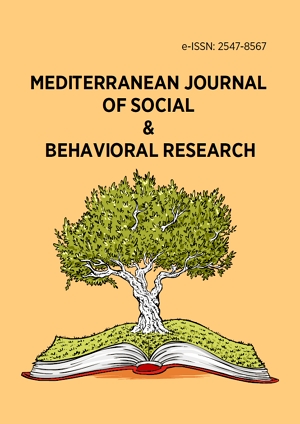Abstract
A robust and sustainable entrepreneurial ecosystem that promotes economic growth and job creation is what Malaysia’s national entrepreneurship policy 2030 seeks to achieve. But in Malaysia, the B40 income group has a difficult time getting access to resources and possibilities for economic mobility (The World Bank, 2020). These disadvantaged groups frequently do not have access to the education, training, finance, and mentoring necessary to gain the knowledge and abilities necessary to succeed as entrepreneurs (Cheng & Mahmood, 2017). A paradigm that combines social responsibility, entrepreneurship, leadership, and education is needed to address this problem and build social entrepreneurs among marginalized youth leaders. This strategy should equip young people in B40 areas with the abilities, information, and resources necessary to establish long-lasting nonprofit organizations that meet the needs of their neighborhood while also generating cash. This concept could aid in developing a more inclusive and equitable entrepreneurial ecosystem in Malaysia, where everyone has the chance to thrive regardless of their background or socioeconomic level by encouraging a culture of innovation and entrepreneurship among marginalized youth leaders.
License
This is an open access article distributed under the Creative Commons Attribution License which permits unrestricted use, distribution, and reproduction in any medium, provided the original work is properly cited.
Article Type: Review Article
MEDITERR J SOC BEH RES, Volume 8, Issue 1, February 2024, 29-36
https://doi.org/10.30935/mjosbr/14306
Publication date: 28 Feb 2024
Article Views: 1688
Article Downloads: 1935
Open Access References How to cite this article
 Full Text (PDF)
Full Text (PDF)